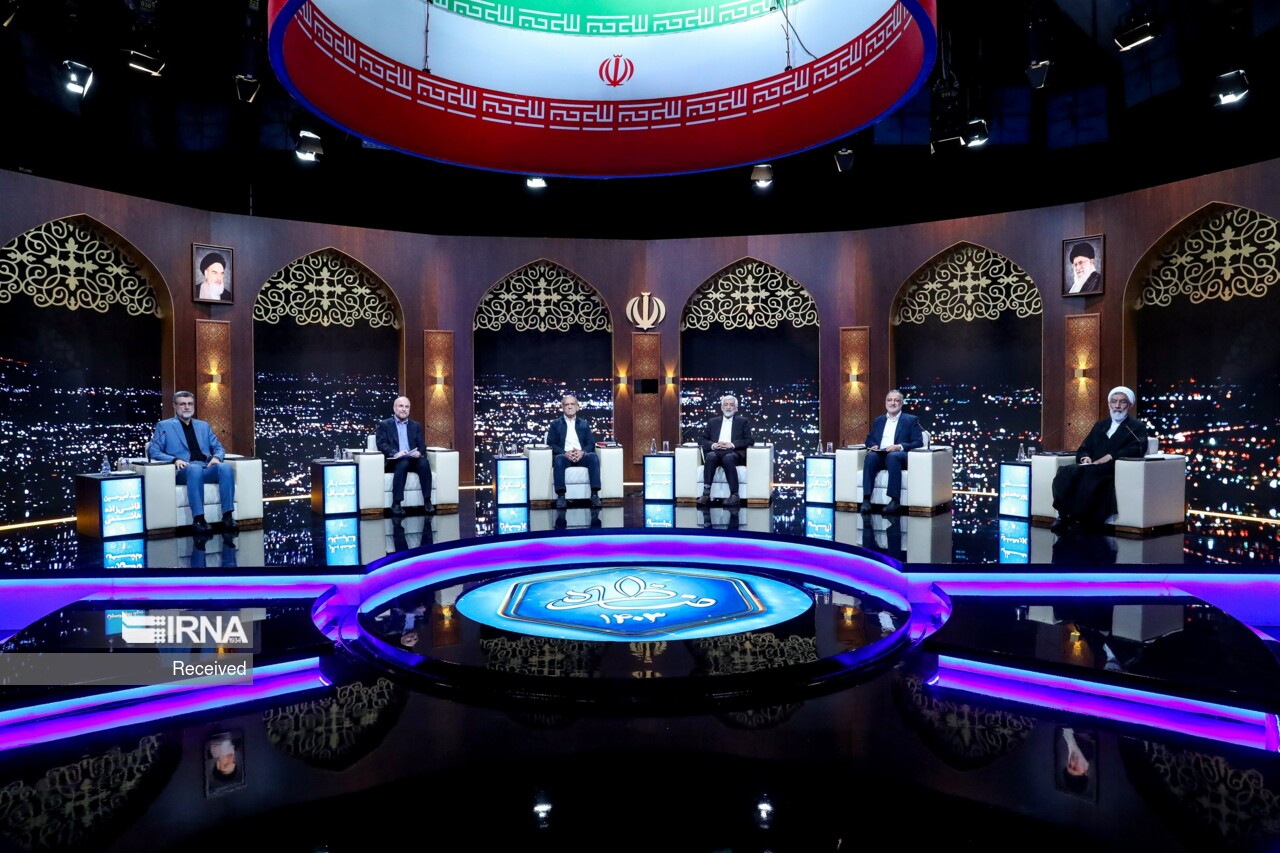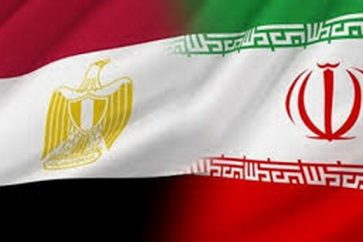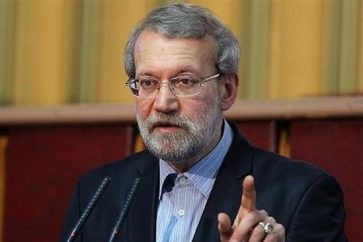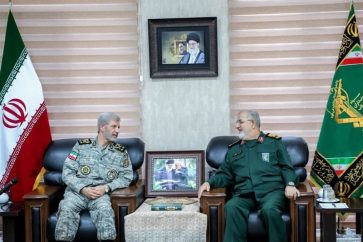The first nationally televised debate in the race for the Iranian presidency was held on Monday night in a four-hour-long exchange in which all candidates discussed economic issues.
There are officially six candidates in the race for the highest executive post in Iran.
The candidates were allotted equal minutes of speaking time each. They outlined their plans for dealing with the Islamic Republic’s major economic problems once in office, Tasnim news agency reported.
The candidates have been singled out by the Constitutional Council from 80 applicants seeking the presidency.
The six candidates are Saeed Jalili, Alireza Zakani, Amir Hossein Qazizadeh Hashemi, Mostafa Pourmohammadi, Mohammad Baqer Qalibaf, and Masoud Pezeshkian.
🔴 LIVE: Presidential candidates take part in 1st televised debate hosted by Iran’s national broadcaster IRIB#IranVotes2024 https://t.co/8jyNAI4JN3
— Press TV 🔻 (@PressTV) June 17, 2024
The election campaign period began on June 9 and will run until June 26, while the nationwide presidential election will be held on Friday, June 28.
Four more debates are due to be held in the coming days, with the last one set to take place on June 25, three days before voters go to the polling stations across the country to cast their ballots.
As part of their campaigning process, the presidential candidates are also given equal platforms on other TV programs to elaborate on their plans to administer the country.
The new administration, the 14th one after the victory of the Islamic Revolution in 1979, will assume power in late June or early July and hold office for four years.
A helicopter carrying former Iranian President Ebrahim Raisi and his entourage crashed in northwestern mountainous forests on May 19, killing the president, Foreign Minister Hossein Amirabdollahian, and six others.
According to the Constitution, First Vice President Mohammad Mokhber has taken the helm as the acting president at the discretion of Leader of the Islamic Revolution Imam Sayyed Ali Khamenei until the election of a new president.

Here are some of the comments made by the hopefuls during the Monday night debate, as reported by IRNA news agency:
Qalibaf
The government should guarantee that economic problems are resolved in cooperation with the people and investors, he said.
If elected, Qalibaf added, he would make plans, which in addition to tackling inflation, would lead to economic growth and uphold people’s rights, noting that investment and productivity are both needed to achieve an 8-percent economic growth, the second one in particular.
Pezeshkian
To achieve an 8% economic growth, Pezeshkian said that the goal cannot be achieved without “opening borders with other governments” as it needs $200 billion a year.
He added that participation by all political parties, which should put aside differences, is also needed to achieve that amount of economic growth, while producers must be given space to decide and act without being concerned about the security of their investments.
Pourmohammadi
He shared the same view that a solution to economic problems cannot be offered without looking into social as well as domestic and international political issues.
He also said that sanctions are hampering trade ties with other countries, as “all of our ties have been locked”. National reconciliation is needed as well to resolve international issues, while work is required to attract people’s trust, Pourmohammadi added.
Qazizadeh Hashemi
“People are fed up with promises”, he said, adding that the president should introduce the team and the method required for taking any measure.
He believes that the private sector should work with the government as a “strategic partner” as part of efforts aimed at achieving an 8-percent economic growth.
Zakani
The main problem of Iran’s economy is not “cruel US sanctions” but its “economic prescriptions”, he said, adding that he has four main pillars to bring economic growth through using domestic, regional and global opportunities.
The first and foremost is economic independence and stabilizing the economy through de-dollarization and relying on the national currency, he said.
Jalili
He said that attracting investment is not the only way to achieve economic growth.
What is more important is participation by people from all walks of life, while the government must pave ground for different groups of people to play their part.
He also shared the same view that national reconciliation is needed among efforts to achieve an 8-percent economic growth.
Source: Iranian media




